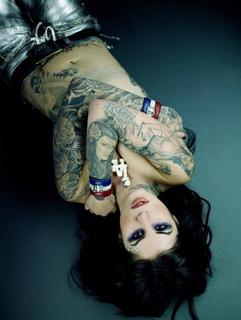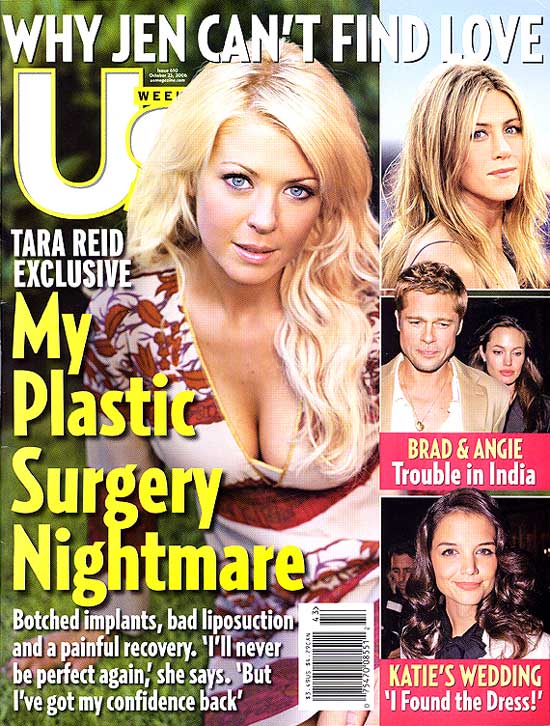Cosmetic Surgery: The Freedom to be Oppressed?
2009 February 1
After reading Victoria Banales’s article gave me a whole new awareness about the homogenizing and racist effects of cosmetic surgery. In the very little spare time I have I participate in an affinity group on campus called Mixed Company. Its purpose is to serve as a safe setting for discussion and as a support group for people who identify as “mixed,” which can range from a person identifying as multi-racial to multi-faith and our allies.
Cosmetic surgery for me, before reading this article, meant either covering up an injury or scarring from another surgery or the shallowness of a woman who thinks that changing her outward appearance can mean a better life. Yes, I am guilty of blaming women for their shallowness and for caving under societal pressure to fit a beauty norm. This is because it is up to every individual to stand up and shout and scream when something is not right and when something is not fair, no matter the pressure.But that cosmetic surgery is not only oppressive for women, but more specifically for women who do not meet Caucasian beauty standards was something I overlooked. I am definitely bringing this article to the next club meeting. For me, hypothetically if I were to get surgery it would be to appear closer to my latina roots. My “mix” makes me look white, so when I go to some groups I feel out of place event though I am a part of that group through heritage and culture, my appearance always makes people feel that I am an ally and not a legitimate member of the group.
Certainly there are many forms of body alterations that are made frequently in the world that are seen as taboo.This includes tattoos, piercings, and inserting and many other types of body modification which may be shunned in some societies while admired in others.
 However, these are generally optional and used as a way to go against the grain and stand out. Cosmetic surgery is one form that while it may have some positive aspects, such as reducing the appearance of scarring or rebuilding a breast after a mastectomy, is abused for its ways of making someone fit in better to the world. Even if that means hiding your race.
However, these are generally optional and used as a way to go against the grain and stand out. Cosmetic surgery is one form that while it may have some positive aspects, such as reducing the appearance of scarring or rebuilding a breast after a mastectomy, is abused for its ways of making someone fit in better to the world. Even if that means hiding your race.


Trackbacks and Pingbacks
Comments are closed.